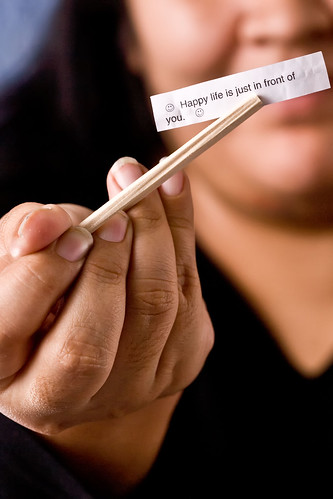Why are we so terrible at predicting how we’ll react to things?
.When we’re in a “cold” (unemotional) state our brains frequently underestimate how much emotion will affect us (a “hot” state.)
By experimentally manipulating test subject’s fear, anxiety or other feelings scientists could make people’s predictions more or less accurate:
People exhibit an “illusion of courage” when predicting their own behavior in embarrassing situations. In three experiments, participants overestimated their own willingness to engage in embarrassing public performances in exchange for money when those performances were psychologically distant: Hypothetical or in the relatively distant future. This illusion of courage occurs partly because of cold/hot empathy gaps. That is, people in a relatively “cold” unemotional state underestimate the influence on their own preferences and behaviors of being in a relative “hot” emotional state such as social anxiety evoked by an embarrassing situation. Consistent with this cold/hot empathy gap explanation, putting people “in touch” with negative emotional states by arousing fear (Experiments 1 and 2) and anger (Experiment 2) decreased people’s willingness to engage in psychologically distant embarrassing public performances. Conversely, putting people “out of touch” with social anxiety through aerobic exercise, which reduces state anxiety and increases confidence, increased people’s willingness to engage in psychologically distance embarrassing public performances (Experiment 3). Implications for self-predictions, self-evaluation, and affective forecasting are discussed.
Source: “The illusion of courage in self-predictions: Mispredicting one’s own behavior in embarrassing situations” from Journal of Behavioral Decision Making, Volume 25, Issue 1, pages 1–12, January 2012
Join 25K+ readers. Get a free weekly update via email here.
Related posts:
What 10 things should you do every day to improve your life?
What do people regret the most before they die?
What five things can make sure you never stop growing and learning?





